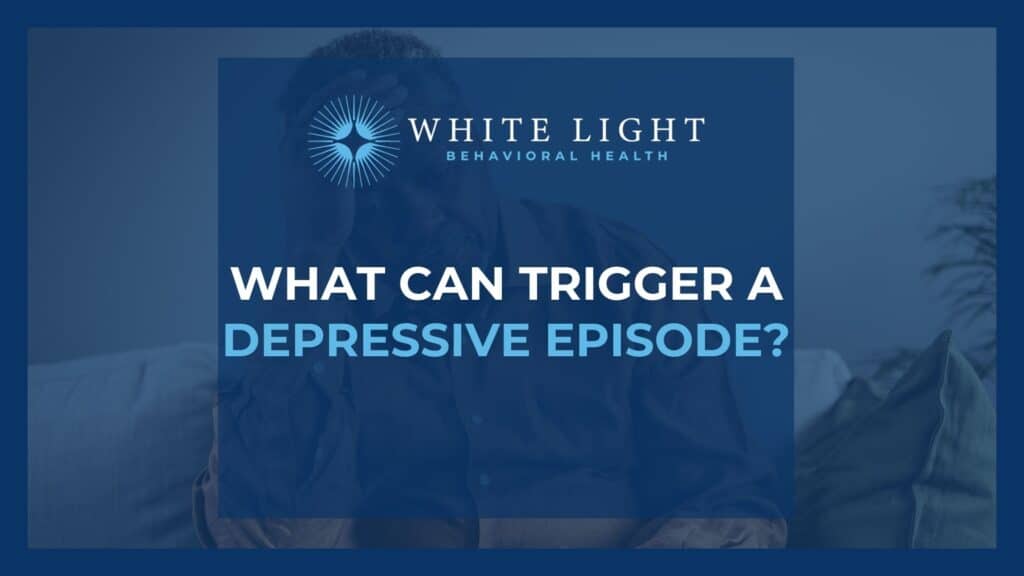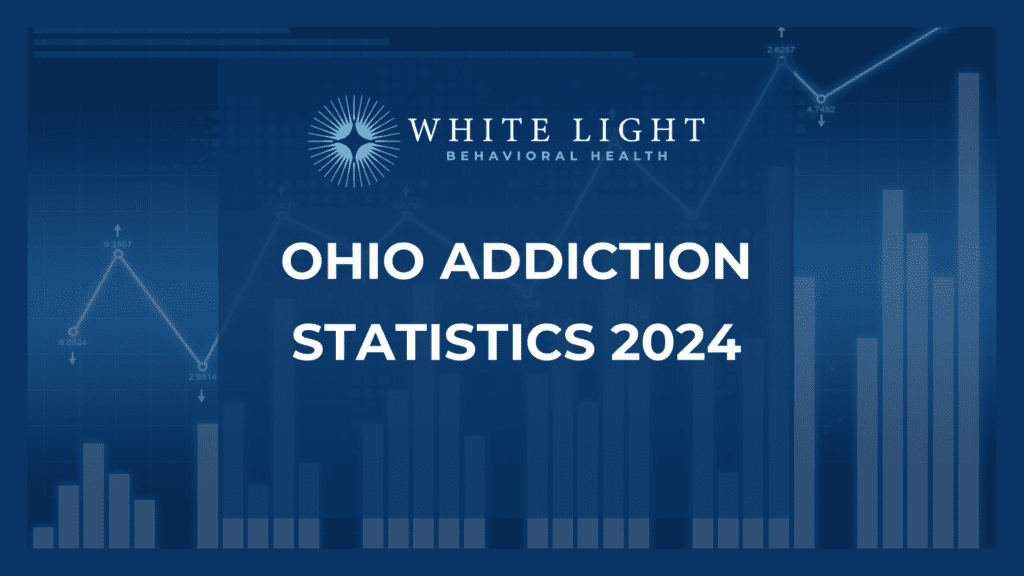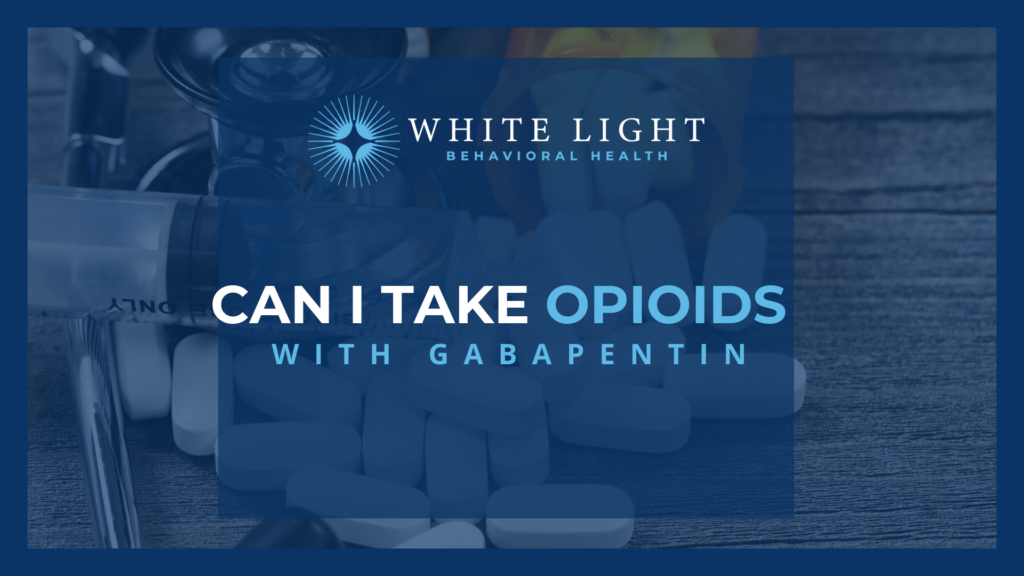Introduction: Understanding Depressive Episodes
Depressive episodes can be triggered by a variety of factors, both internal and external. These episodes are characterized by a persistent feeling of sadness, hopelessness, and a loss of interest in once-enjoyable activities. They can have a significant impact on an individual’s quality of life, and it is important to understand what can trigger them to prevent or better manage them.
The Impact of Stress on Depressive Episodes
One of the most common triggers for a depressive episode is stress. Stressful events, such as the loss of a loved one, a breakup, or a job loss, can cause a person to experience intense emotions, which can lead to a depressive episode. Stressful life changes, such as moving to a new city, getting married, or having a child, can also cause an episode. Chronic stress, such as that caused by a difficult job or a toxic relationship, can also contribute to the development of depression.
The Connection Between Brain Chemistry and Depression
Another internal factor that can trigger a depressive episode is a chemical imbalance in the brain. The brain is composed of a complex network of neurons, chemicals, and hormones that work together to regulate our moods and emotions. In some cases, an imbalance in these chemicals can lead to depression. This can be caused by genetics, injury, infection, or certain medical conditions.
Physical Health Issues and Depressive Episodes
Physical health issues can also trigger a depressive episode. Chronic pain, chronic illness, and sleep disorders can all contribute to the development of depression. Additionally, certain medications and drugs can hurt mood, leading to a depressive episode.
Seasonal Affective Disorder: A Unique Trigger for Depression
Seasonal affective disorder (SAD) is a type of depression that is triggered by the change of seasons. This disorder is most commonly seen in the winter months when there is less sunlight and colder temperatures. The lack of sunlight can disrupt the body’s natural sleep-wake cycle, leading to feelings of sadness and hopelessness.
Social Isolation and Loneliness: Risk Factors for Depression
Social isolation and loneliness can also trigger a depressive episode. People who are isolated from friends and family, or who feel lonely and disconnected, are at an increased risk of depression. This can be especially true for those who have recently experienced a significant loss, such as the death of a loved one.
Financial Stress and its Impact on Mental Health
Another external factor that can trigger a depressive episode is financial stress. Money problems, such as overwhelming debt, can cause a person to feel anxious and stressed, which can lead to depression. Additionally, financial stress can make it difficult for a person to afford necessities, such as food and housing, which can further exacerbate feelings of hopelessness and helplessness.
It is important to note that depression is not just a result of one single factor, but rather a combination of multiple factors. A person’s vulnerability to depression is the result of a combination of genetic, biological, environmental, and psychological factors that interact in complex ways.
Conclusion: Recognizing and Managing Depressive Episodes
In conclusion, depressive episodes can be triggered by a variety of internal and external factors, including stress, chemical imbalances in the brain, physical health issues, seasonal affective disorder, social isolation, loneliness, and financial stress. Understanding what can trigger a depressive episode is important for preventing and managing this condition. If you suspect that you or a loved one may be experiencing a depressive episode, it is important to seek help from a mental health professional. White Light Behavioral Health is here to help you get through this difficult time.

Share This Post



